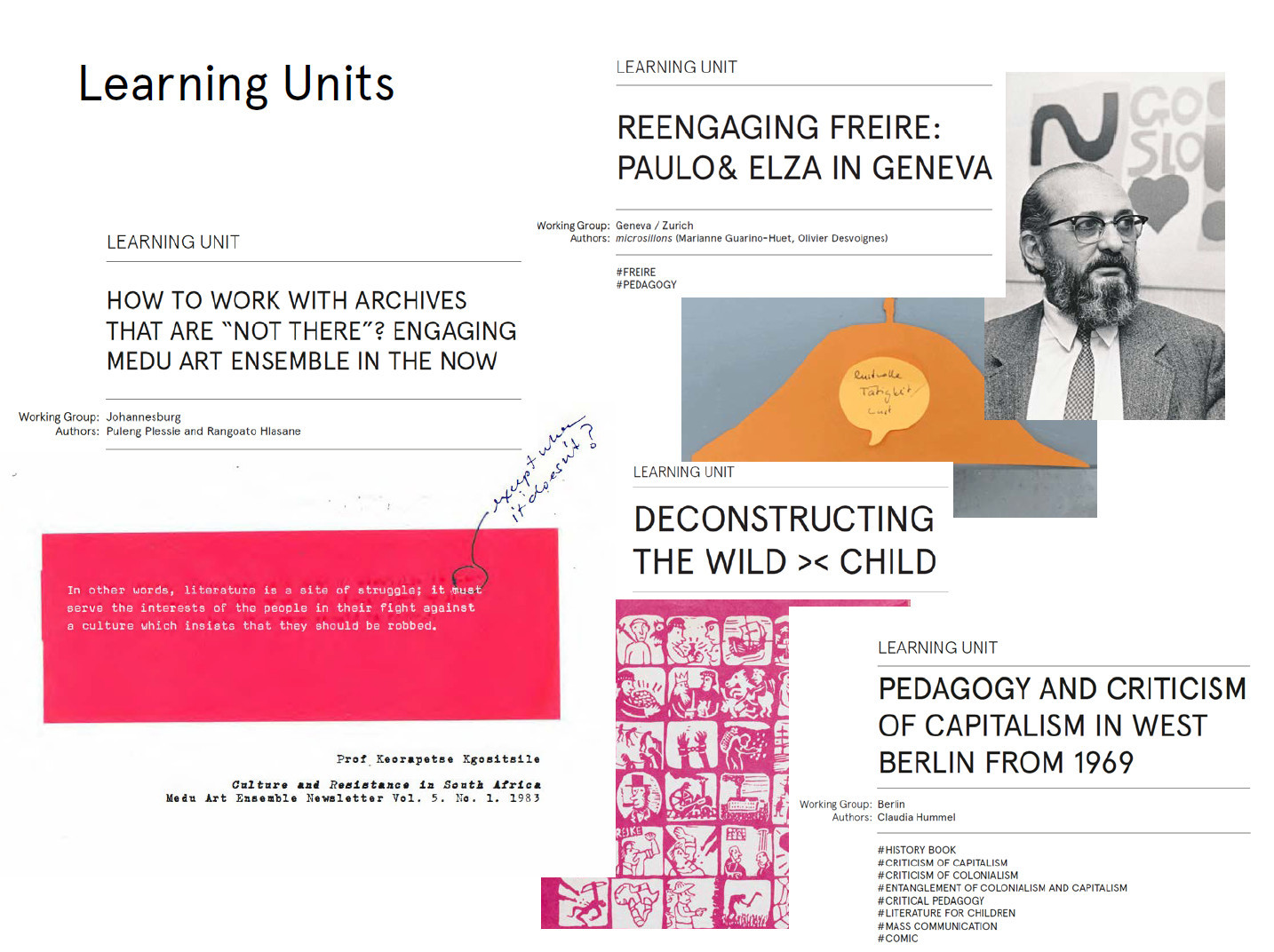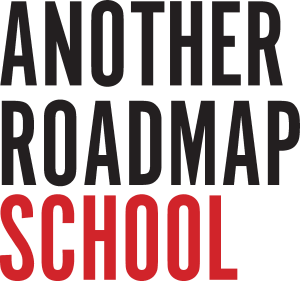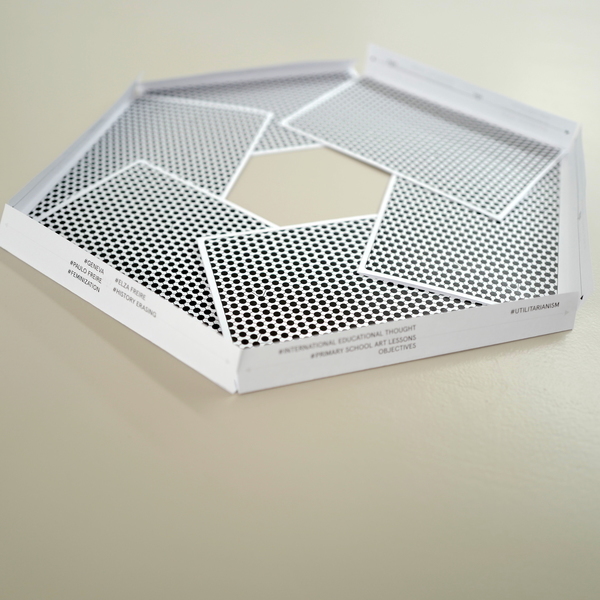Working groups of the international network Another Roadmap for Arts Education since 2016 have collaborated in the research project intertwining hi/stories, supported by Stiftung Mercator Schweiz, on local histories of learning in/through the arts and their global entanglements. Researchers, educators and cultural producers in Hong Kong, Berlin, Vienna, Maseru, Quito, Cuernavaca, Bogotá, Johannesburg, Lubumbashi, Nyanza, Cairo, Geneva and Zurich have conducted research on case studies of art education histories. Our focus was:
- the transfer of ‘art’ and ‘education’ from Europe to the Global South within the colonial context, the appropriation and localizing of concepts
- models of critical pedagogy in arts education and their international circulation, focusing mainly on the 1970s
- the reactivation of historical experiences for the purpose of current practice
The international project team now launches a set of learning resources for training and professional development in arts education resulting from the joint research process.
UN/CHRONO/LOGICAL TIMELINE
The un/chrono/logical timeline is an educational tool developed by intertwining hi/stories to engage with arts education histories and their global connections. The timeline includes a set of un-foldable cards and an instruction of use. When activated, it encourages participants to look for new ways of representing history of arts education taking into account a range of geopolitical viewpoints. Instead of organizing history in a customary chronological order, the timeline attempts to create connections between often seemingly remote (both in terms of time and geographical location) events, figures, publications, artefacts, etc. It invites to learn, construct, deconstruct, criticize and question history in a participatory way.

The un/chrono/logical timeline is available in English, French and Spanish (further language versions forthcoming).
More information and download
(you need to register on the web platform, free of charge)
LEARNING UNITS
The learning units each present arts education histories with a different geographical and historical focus. They invite to engage with histories, to reflect on one’s own previously acquired knowledge and to re-activate historical experiences in current art and education practice. Seven topics provide orientation in the resources, allowing you to follow different paths, each connecting several learning units: Missionary Dimensions in Arts Education; Reflexive Pedagogies/Critical Literacies; Letterwriting; Working with Images; Critical Pedagogy and its Critiques; Archival Activism and ‘the Artist’-‘the Child’-‘the Native’.
The methods proposed range from individual exercises to concepts for learning processes in groups over the duration of an entire semester. As the resources have been conceived for a broad variety of different learning contexts internationally, each learning unit contains guidance as to who are the specific addressees and what is the suggested framework of use – appropriations and adaptions for other contexts are welcome!

The learning units are available online in English (further language versions for individual units forthcoming).
More information and download
(you need to register on the web platform, free of charge)
For further development of the experimental learning resources we would love to get your feedback and learn about your experiences with the materials. Please make use of the comment function on the webplatform or send us your observations per email.

